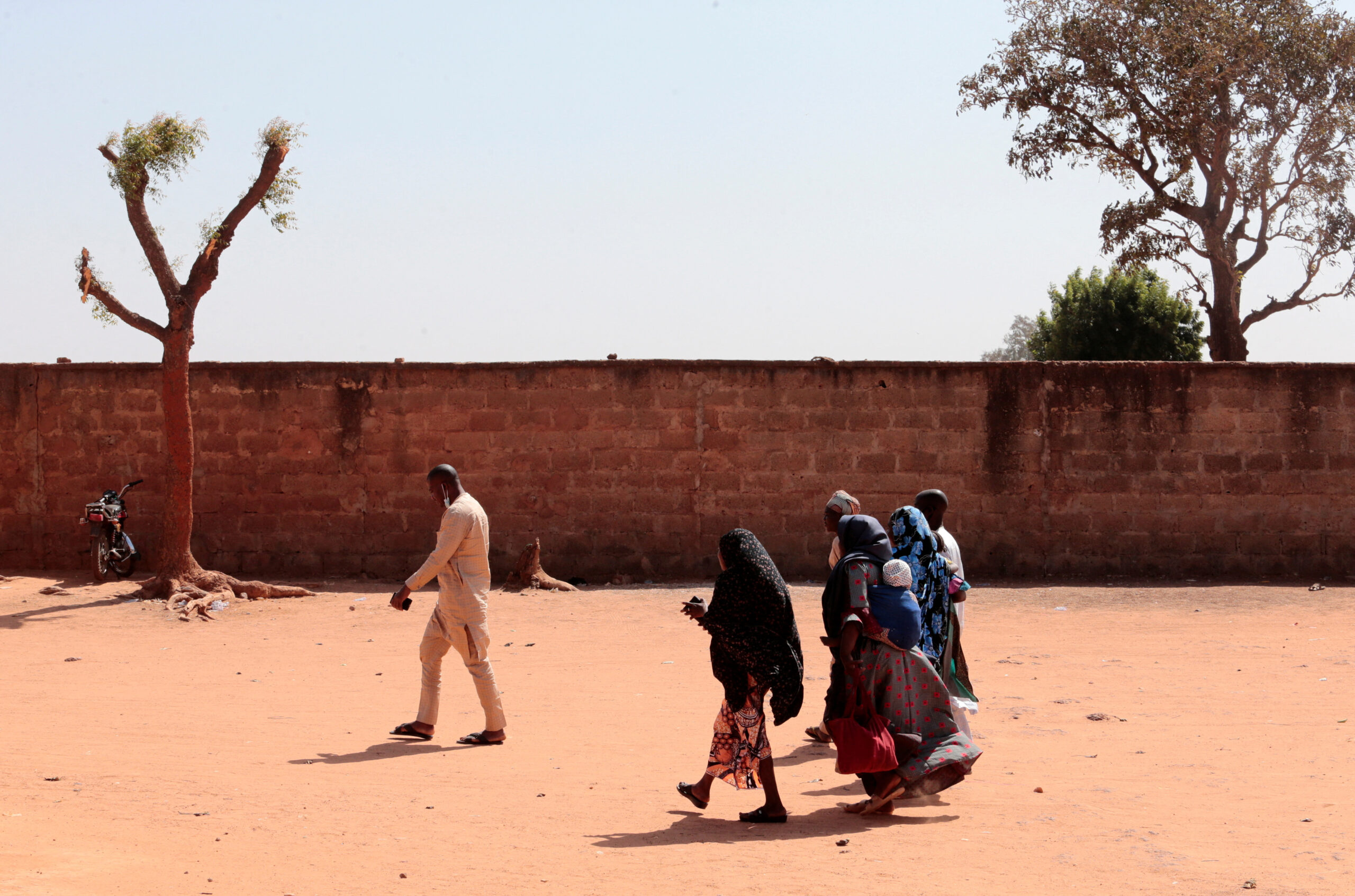
Following attacks, Nigerian farmers quit their land, driving up food costs
Early this month, Hassan Ya’u, a 42-year-old farmer of maize and sesame seeds in the northern Katsina state of Nigeria, was tending to his crops when dozens of armed men on motorcycles drove up to his plot and opened fire.
Ya’u and fellow farmer Musa Nasidi were able to flee, but the attack resulted in the deaths of at least fifty individuals, many of whom were farmers at the time cultivating their fields. This was just the most recent in a string of devastating raids on farming districts. The attack happened in broad daylight and resulted in the kidnapping of an undetermined number of people.
Ya’u and Nasidi said that the farmers in their Kankara community had not paid a charge levied by the armed gang, which was the reason behind the gunmen’s attack.
Nigeria is experiencing the biggest cost of living crisis in a generation as a result of these raids, which are pushing many farmers to abandon their farms and driving up food prices and inflation.
“They burned my vegetables and stole food valued at approximately 4 million naira ($2,739.73),” declared Ya’u, who has taken sanctuary in Daura town, which is some 200 kilometers (124 miles) distant from Kankara.
“Bandits have taken over the area, therefore I am unable to reach my land. “Everything has been destroyed,” the father of thirteen children, whose future is uncertain, continued.
Depending on the size of the hamlet, armed gangs may demand up to three million naira in order to let the farmers work.
“To ensure they can access the farms, farmers are even forming vigilante groups, but it’s still very difficult,” stated Kabir Ibrahim, the head of the All Farmers Association of Nigeria.
The majority of Nigeria’s main foods, including rice, yam, and maize, are produced in Northern Nigeria, which is also the most insecure part of the nation due to attacks and looting by armed kidnapping gangs in the northwest and terror attacks by Islamist militants in the northeast.
Following the Kankara incident, Nasidi, 36, escaped to an area close to Katsina town.
He claimed that he used to collect roughly 400 bags of groundnuts, 80 bags of sesame seed, and 200 bags of corn, but that after criminals set fire to a portion of his 8.5-hectare farm, he is now facing a difficult year.
“The situation is beyond our control, and I was left with no choice other than to leave Kankara because our lives were in danger,” Nasidi stated to Reuters.
Nigeria has joined the list of “hunger hotspots” in the globe, according to a globe Food Program assessment on the forecast for severe food insecurity worldwide. Analysts relate this to instability in farming areas and the high cost of diesel, fertilizer, pesticides, and seeds.
According to Lagos-based firm SBM Intelligence, 1,356 Nigerian farmers have lost their lives since 2020. It stated that 137 deaths had been reported so far this year and that farming was turning into a risky profession.
Lead security analyst with SBM Confidence McHarry stated, “The risk is very grave,” and added that gunmen have also attacked farmers “on suspicion of collaborating with the military.”
Major General Edward Buba, a spokesman for the defense department, stated that the military was giving farmers’ protection top priority as the rainy season began.
“The farmers union are keying into the farm protection plan of the armed forces to make the best of the rainy season,” he stated without going into detail.
However, Abdulaziz Gora, a 22-year-old farmer in Zamfara state near Katsina, has little chance of ever going back to his field. After a brutal attack on his community in May, he moved to the state capital of Gusau, leaving his maize and soybean crops behind.
“Anyone caught there risks being kidnapped or killed,” he stated.
$1 equals 1,460,0000 naira.
All Categories
Recent Posts
Tags
+13162306000
zoneyetu@yahoo.com



